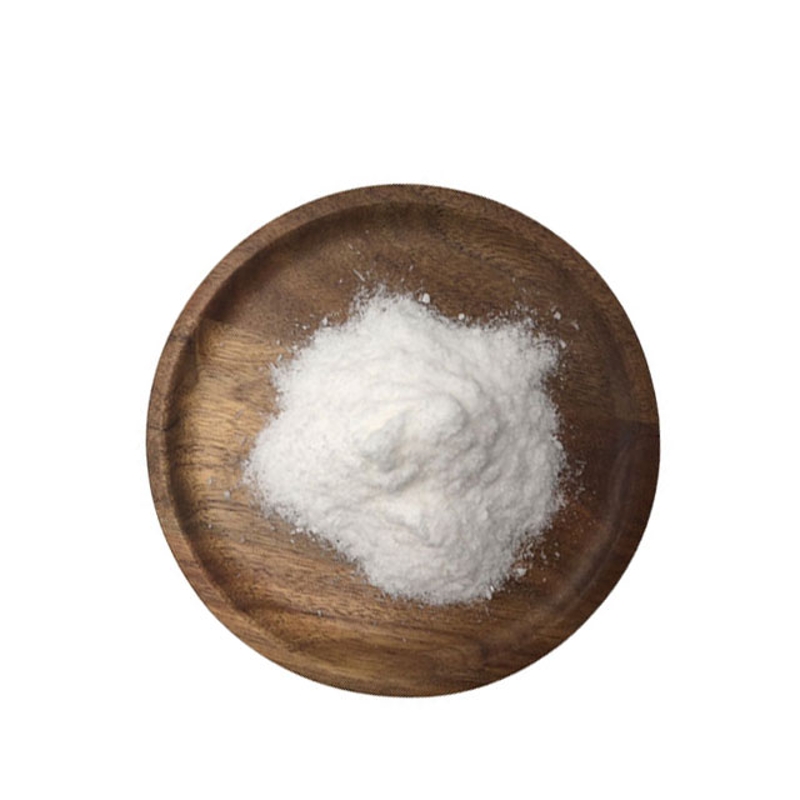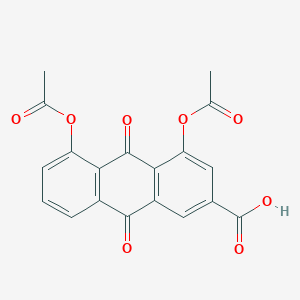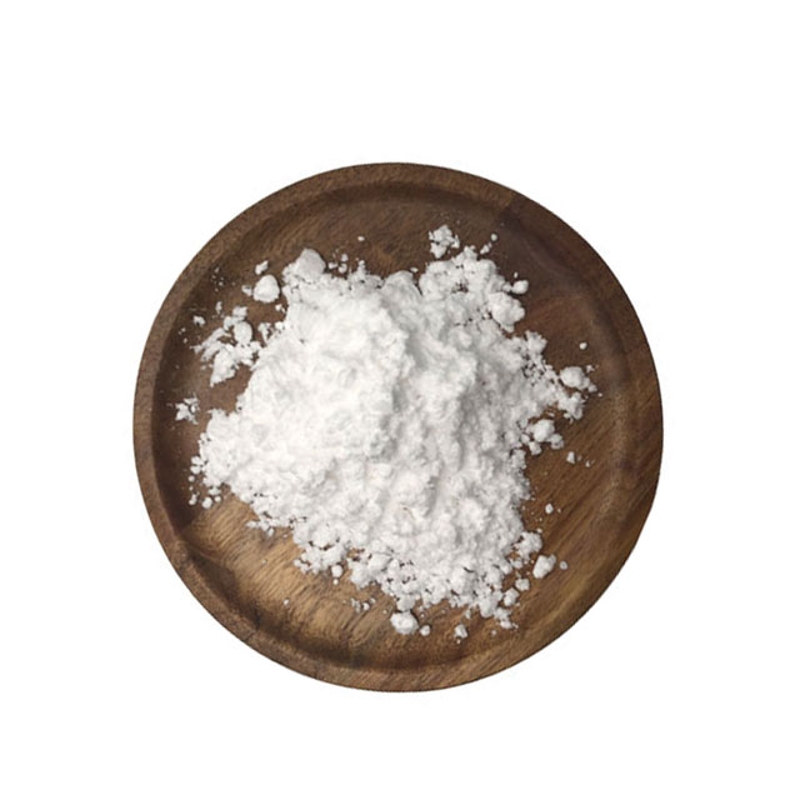-
Categories
-
Pharmaceutical Intermediates
-
Active Pharmaceutical Ingredients
-
Food Additives
- Industrial Coatings
- Agrochemicals
- Dyes and Pigments
- Surfactant
- Flavors and Fragrances
- Chemical Reagents
- Catalyst and Auxiliary
- Natural Products
- Inorganic Chemistry
-
Organic Chemistry
-
Biochemical Engineering
- Analytical Chemistry
- Cosmetic Ingredient
-
Pharmaceutical Intermediates
Promotion
ECHEMI Mall
Wholesale
Weekly Price
Exhibition
News
-
Trade Service
25, 2020 /PRNewswire- ingles of researchers at Monash University have found that the destructive superbug serotonin has hijacked the human wound healing system, leading to severe and persistent diseases, opening the way for new treatments for the disease.
is the most common hospital-acquired disease that can lead to persistent, life-threatening intestinal infections, especially in the elderly and in patients with low immune function.
this infection is very difficult to treat, even after a few months of taking powerful, debilitating antibiotics, it can recur.
Clostridium difficile is also highly resistant to antibiotics, which greatly complicates treatment.
Photo Source: A team of researchers at Monash BDI Monash University's Institute for Biomedical Discovery (BDI) found that Clostridium difficile activates a human enzyme called fisolysotolysotormoste, destroying intestinal tissue and helping bacteria spread in patients.
usually, the lysozymegen and its active form of lysozyme protein are deployed in a highly controlled manner to break down scar tissue and help wound healing. Professor Dena Lyras, an infectious disease expert and co-author of the
study, said: "The results are shocking and reveal that the serious damage caused to the intestines by Clostridium difficile is actually caused by enzymes in the body rather than bacterial toxins.
", "In light of their findings, the researchers decided to investigate whether the team developed powerful antibodies that inhibit the soylysozymeliase system could be used to treat the disease." "We found an antibody that prevents the activation of the lysozyme gen, which greatly blocks the process of infection and tissue damage," said
first author Milena Awad.
" researchers now aim to commercialize their antibodies to treat a range of bacterial and inflammatory diseases. One advantage of
targeting human proteins in infectious diseases is that they are much less likely to develop resistance to this treatment. "This antibody may have a wide range of uses because the lysozymeproscosis/lysozyzyme system is not normal in a range of different severe inflammations and infectious diseases -- for example, the lysozyme genus system is most likely the driver of destructive lung damage seen in COVID-19," said Professor James Whisstock, a structural biologist and co-lead professor of the study.
() Reference: M.M. Awad et al, Human Plasminogen Mardigen Clostridioids difficile Enter Disease and Alters the Spore Surface, Gastroenterology (2020). DOI: 10.1053/j.gastro.2020.06.032.







